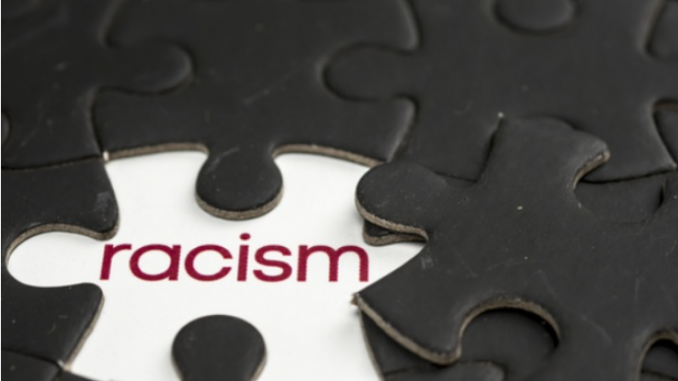
The city of Oakland, California, has formally identified racism as a public health crisis.
Last week, the Oakland City Council voted on the initiative, without any opposition, while also promising to work on studies and actions that advance racial equality.
The resolution will earmark up to $350,000 in the city budget for a data analyst and consulting services to support the government, as Oakland works on “necessary improvements in systems for collecting and processing data to track performance and equity progress.”
At the committee’s last meeting, Councilmember Carroll Fife said, “Just because we’re supposed to be progressive or whatever, doesn’t mean that we don’t have a history of disenfranchisement, of systemic racism, that is embedded in our city services and our culture.”
In an interview with KRON-TV in the Bay Area, Darlene Flynn, executive director of Oakland’s department of race and equity, blamed the COVID-19 pandemic for widening the racial disparity gap.
“It also tends to exacerbate the impacts on communities that are already stressed by racial inequities, and we’ve seen this in other disasters as well, like Hurricane Katrina,” Flynn said.
“Whenever a big stressor hits a community, it really highlights what the underlying conditions have been for a long time.”
Citing an agenda report from Flynn and other city officials, Oakland’s Black and Latino-Hispanic residents tend to encounter poorer health outcomes than their white peers.
One example: The report said that residents of North Oakland Hills — a historically white neighborhood — typically live 14 to 15 years longer than residents of historically black and Latino-Hispanic neighborhoods in West Oakland and the East Oakland flatlands.
“Similar disparities between Black Oaklanders and their white peers can be observed in preventable hospitalizations, rates of diabetes, asthma, hypertension, and heart disease, death rates due to opioid overdose, babies born with very low birth weight, infant mortality, and beyond,” officials added.
Other American cities have adopted similar measures.
In the summer of 2020, then-Boston Mayor Marty Walsh declared racism a public health crisis and reallocated $3 million from the city’s police department to public health.
And last year, the director of the Centers for Disease Control and Prevention labeled racism a “serious” health threat.
Via Newsmax
